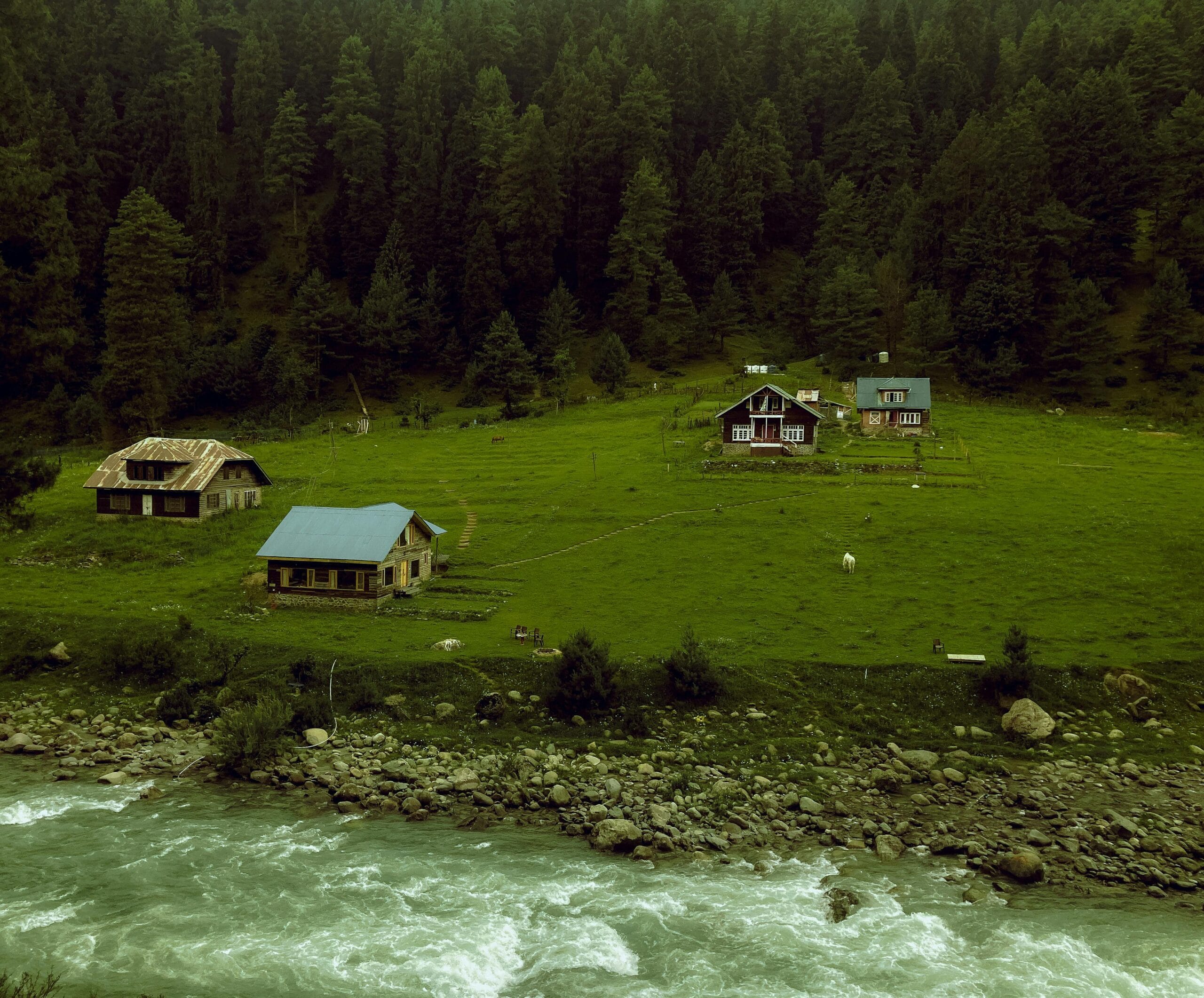
📅 Published: May 2, 2025
📰 By: Focus Global News Correspondent
New Delhi/Pahalgam — In the aftermath of the deadly terror attack in Pahalgam, Jammu and Kashmir, tensions between India and Pakistan have soared to alarming levels, triggering a surge in border clashes and a rapid diplomatic breakdown.
The April 22 attack, carried out on a convoy of Indian tourists, left 26 civilians dead, including 25 Indians and one Nepali national. The attack has been blamed on the Resistance Front, a shadow group linked to the Pakistan-based terror outfit Lashkar-e-Taiba, though Islamabad has denied any involvement.
INDIA’S STRONG REACTION
Following the incident, the Indian government responded with a two-pronged countermeasure: intensified military action along the Line of Control (LoC) and a sweeping diplomatic offensive.
🔹 Visa Revocations and Diplomatic Expulsions
India has revoked all existing visas issued to Pakistani nationals and ordered the expulsion of key diplomats from the Pakistani mission in New Delhi.
🔹 Suspension of Indus Waters Treaty Talks
Talks under the historic Indus Waters Treaty have been suspended until further notice, signaling India’s willingness to exert pressure beyond the battlefield.
🔹 Increased Military Deployment
The Indian Army has significantly bolstered troop presence along the LoC. Nightly cross-border shelling has been reported since April 24, with reports of surgical strikes on suspected terror camps across the border.
PAKISTAN’S COUNTER-MEASURES
Pakistan has retaliated diplomatically, suspending the Simla Agreement, closing its airspace to Indian aircraft, and announcing full military readiness in border sectors.
In a press briefing, Pakistan’s Foreign Minister dismissed India’s accusations as “baseless” and warned against “further provocations.” Meanwhile, the Pakistan Army conducted large-scale military drills, showcasing heavy artillery and strategic missile units.
REGIONAL & GLOBAL RESPONSE
🌐 United States: U.S. Secretary of State Marco Rubio has called for “immediate de-escalation” and urged both nations to refrain from further military action.
🌐 China: Beijing has urged calm but refrained from taking sides, emphasizing that “peace and dialogue” must prevail.
🌐 United Nations: The UN has offered to mediate, expressing concern over civilian casualties and the potential for a larger conflict in South Asia.
CIVILIANS CAUGHT IN THE CROSSFIRE
The situation has become dire for residents along the LoC. Thousands have fled their homes in border districts of Jammu and Kashmir as shelling intensifies. Cross-border trade and public transport links remain suspended, and fear hangs heavy in affected communities.
💬 “We left everything behind to save our children. We don’t know when we’ll return,” said one displaced resident in Kupwara.
WHAT COMES NEXT?
The coming days will be critical. While India has made it clear that it “reserves the right to retaliate at a time and place of its choosing,” Pakistan has warned that it will “respond with full force if provoked.”
With no immediate signs of diplomatic thaw, international observers fear that the region is inching dangerously close to a full-scale confrontation.
IN SUMMARY
- April 22 Pahalgam Attack kills 26 civilians.
- India blames Pakistan-based militants, Islamabad denies.
- Diplomatic ties strained; both sides expel envoys and shut down talks.
- Military buildup intensifies along LoC.
- Global powers urge restraint but tensions remain high.
📌 Stay with Focus Global News for the latest updates on the India-Pakistan situation.





